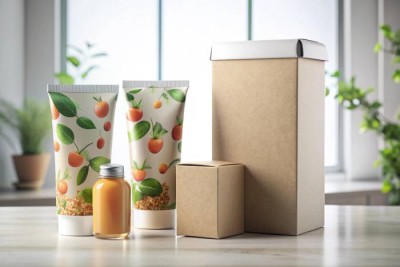Sugar-free? The truth about diet drinks' impact on your teeth
Warning: Undefined variable $post in /home/dietofli/public_html/wp-content/plugins/code-snippets/php/snippet-ops.php(584) : eval()'d code on line 3
Warning: Attempt to read property "ID" on null in /home/dietofli/public_html/wp-content/plugins/code-snippets/php/snippet-ops.php(584) : eval()'d code on line 3
The estimated reading time is 3 minutes
Warning: Undefined variable $post in /home/dietofli/public_html/wp-content/plugins/oxygen/component-framework/components/classes/code-block.class.php(115) : eval()'d code on line 3
Warning: Attempt to read property "ID" on null in /home/dietofli/public_html/wp-content/plugins/oxygen/component-framework/components/classes/code-block.class.php(115) : eval()'d code on line 3
When you're salivating for something sweet, it's easy to think that you're benefitting your teeth by forgoing the usual fizzy drink for a sugar-free, "diet" alternative. After all, it's no secret that sugar feeds bacteria responsible for tooth decay, as the Independent warns.
However, in commercially available beverages, sugar isn't the only ingredient capable of wreaking havoc on your teeth. For this reason, you mustn't assume that a certain drink is entirely off the hook for tooth decay simply because of the "diet" label. Is that drink really to be trusted?
The sugar daddy... certainly isn't that diet drink
It's hard to argue with the facts concerning the sugar content of "diet" drinks versus their standard fizzy counterparts. Just look at the example of Diet Coke, which is completely devoid of sugar in each 330ml can. Regular Coca-Cola, by contrast, includes 35g of sugar per can of the same volume.
That means you're taking in about seven teaspoons of sugar per can, warns The Sun. On paper, it looks like a dental disaster waiting to happen - and, of course, each can of Diet Coke consists of just one calorie. That's 138 calories less than the standard Coca-Cola in the same-size container.
However, there's another important point that must be accounted for here: acid. The teeth-damaging acids placed in sugar-free drinks like diet sodas and 100% citrus fruit juices include phosphoric, citric and tartaric acid, and they are all culprits for dental erosion.
Why are these acids so problematic?
Your dentist has probably cautioned you or your children against fizzy drinks in the past, perhaps as a result of inspecting teeth and noticing decay there easily attributable to those nuisance beverages. However, unlike tooth decay, tooth erosion is not classed as a "disease".
Neither is it caused by bacteria. Nonetheless, the acid in those diet drinks remains capable of dissolving your teeth's hard tissues and stripping away the tooth enamel's surface layers. Keeping up your diet drink consumption can risk the softer dentine beneath the enamel becoming exposed, too.
Even the tooth's central pulp can eventually break cover if you fail to heed worthy warnings against heavy consumption of these drinks. However, you can pick up on subtle warning signs of teeth erosion before you risk losing teeth entirely. Your dentist can confirm such symptoms, too.
Look closely at your teeth in the mirror. Do your teeth look chalky on the surface? You might also spot pitting, opaqueness and even, on the tooth's top surface, a scalloped-out look. If your teeth feel strangely sensitive, this can also indicate an instance of tooth erosion.
What can you do to change course?
If diet drinks are a customary part of your consumption, you can wean yourself off the bad habit by drinking them through a straw and so reducing how much of the liquid stays in your mouth. Research cited by Colgate suggests that tap water and milk are both drinks kinder to teeth. Teeth bonding from Ten Dental, meanwhile, can repair broken, chipped or fractured teeth.















